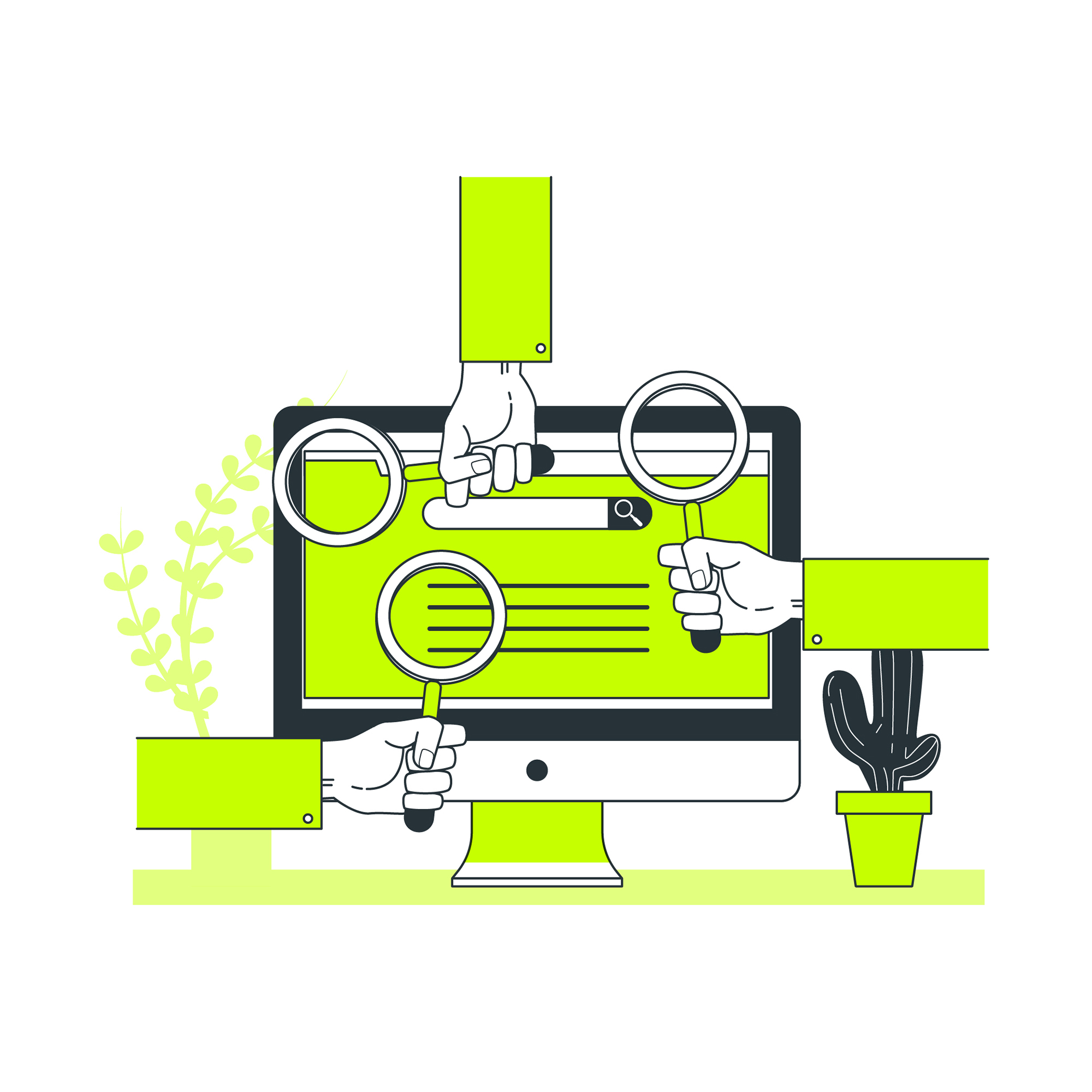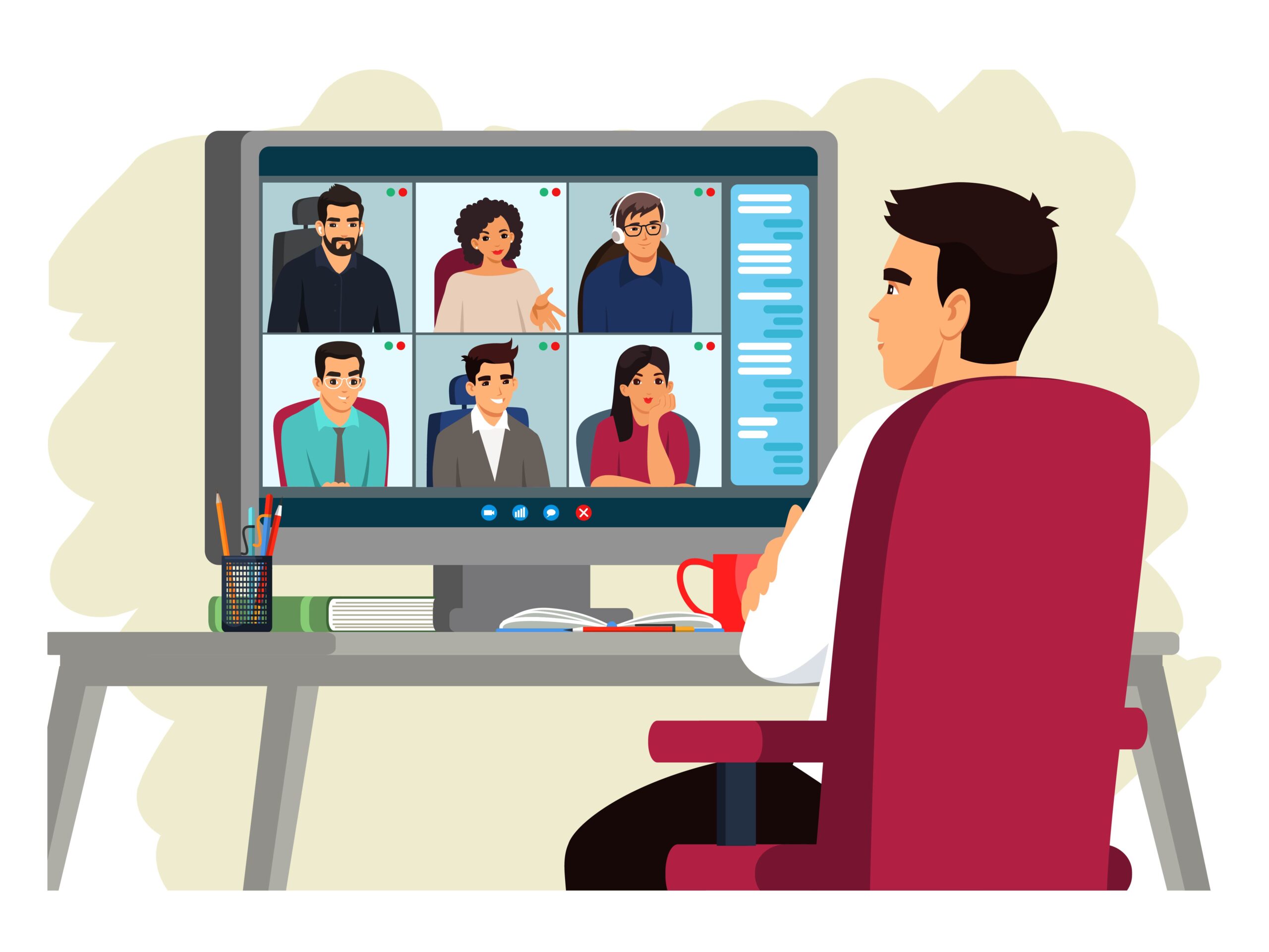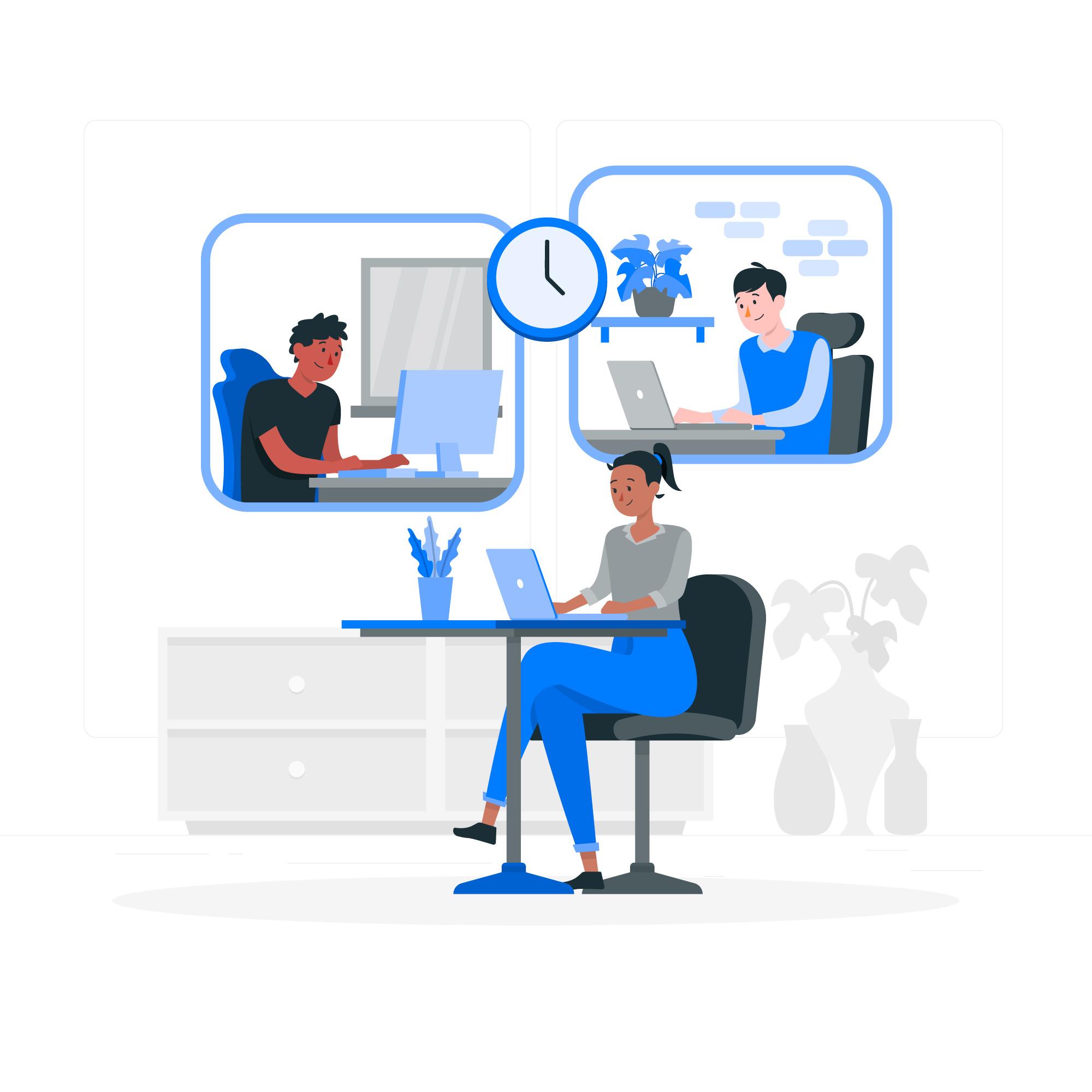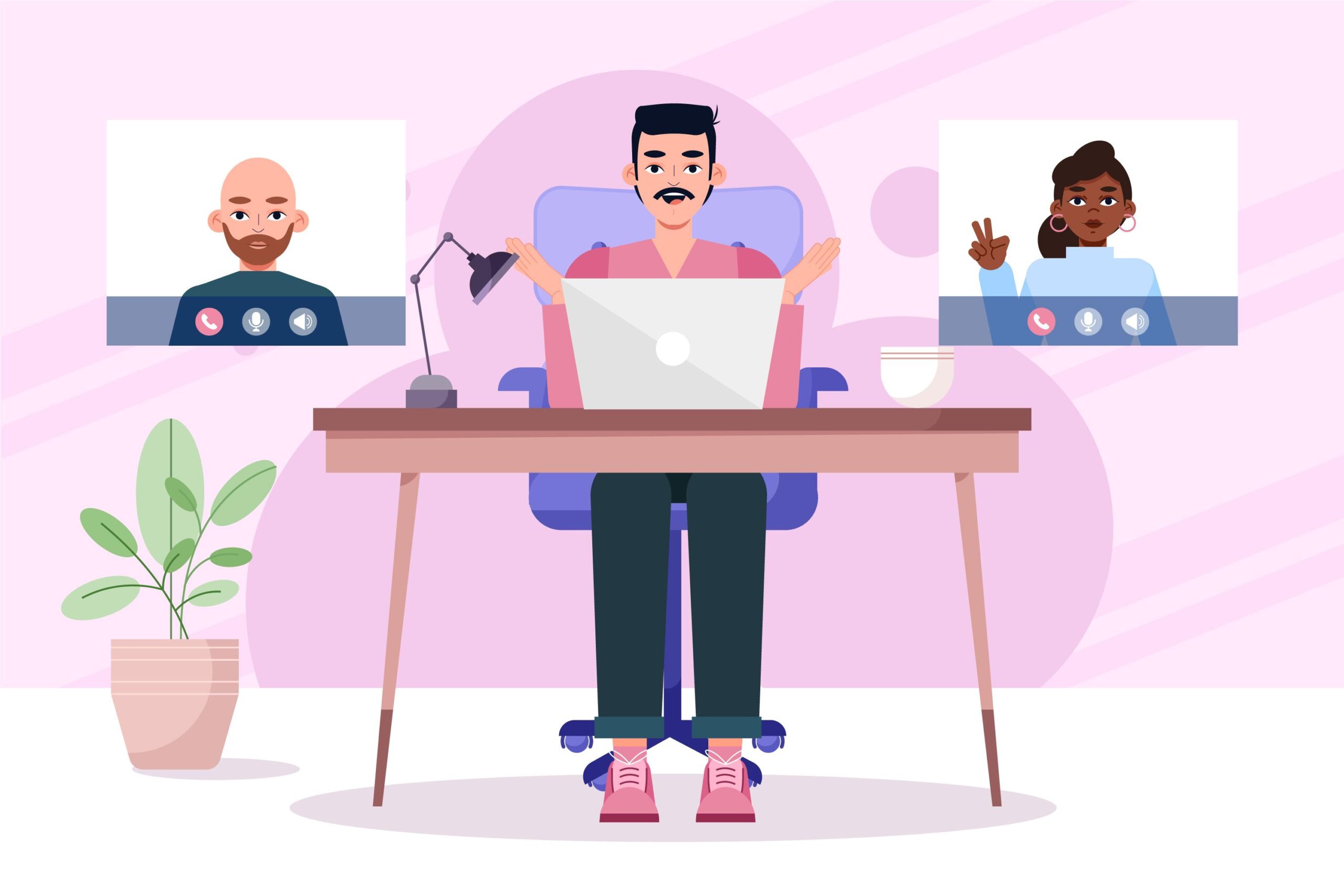Introduction
Have you ever found yourself ripping off someone else’s work, but not really understanding why you were caught? It can be difficult to know whether your own work is original or just a poor attempt at copying another author’s. With plagiarism laws in place to protect authors and their work, it’s best not to risk getting caught. Google penalises websites that suggest or reward users for posting other people’s copyrighted material on the search engine. This means the use of stolen content will lose favor with Google. Let us see in detail how Google deals with Plagiarism
How Does Google Punish for Plagiarism?
Google has two different punishments for plagiarism:
- PageRank
- Penalties.
Understanding how these two factors interact can help you avoid penalties and retain PageRank. Before we dive into the details, it’s important to understand what a penalty actually is. A high fine isn’t always a result of having your page punished; as Google explains, “The amount of time you spend on a penalty may differ based on factors such as the gravity of the offense and its relationship with other pages.” So while you might think a small fine would be sufficient punishment for an entry that resulted in a large number of low-quality links, this isn’t necessarily the case. And even if your page does not have any links at all, it could still get penalized if other sites link to it without permission or offer incentives for linking out to it.
What are Google penalty Points?
Google penalty points are a methodology of Google’s to penalize websites that have violated webmaster guidelines. Google’s penalty point is basically an algorithm that penalizes websites for specific types of bad behaviour penalized on the internet.
Google penalty points are given to sites that have violated Google’s Webmaster Guidelines. The site is flagged in Google’s index and is not able to rank as high as it could before the penalty. The points range from manual or algorithmic actions with less serious (low-to-medium level) consequences, such as a ranking drop, or a notification to webmasters, to bans that last several months, blocks of IP addresses and whole domains.
Google is going to count the following as spam and penalize your website:
- Hidden text, a.k.a., “black hat” techniques
- Keyword stuffing or putting keywords in the content without any relevance
- Including links in your text without any relevance to the content or context of what you are trying to present
- Separating words with hyphens and capital letters instead of spaces, which is considered as keyword stuffing
What is Google PageRank?
Google PageRank is a numerical value that represents how important a webpage is. The higher the PageRank, the more likely it is that people will find the page when they search for something on Google.
There are two main factors that contribute to a website’s PageRank:
1) the number of other websites that link to it, and
2) the quality of those websites.
So, if you want to increase your website’s PageRank, you need to get other websites to link to it. The best way to do this is to create high-quality content that other people will want to link to.
How to Increase Google PageRank
As explained above Google PageRank is nothing but the algorithm that Google uses to rank websites in their search engine results pages (SERPs). The higher your PageRank, the higher your website will appear in the SERPs. There are a number of factors that contribute to your PageRank, but one of the most important is the number and quality of backlinks to your website.
There are a number of ways to increase the number and quality of backlinks to your website:
1.Submit your website to directories and listings sites.
2.Create high-quality content that other websites will want to link to.
3.Reach out to other websites in your niche and ask them to link to your website.
4.Engage in social media marketing and promote your content on social media platforms.
5.Participate in forums and discussion boards related to your niche.
Plagiarism and its effects on a website’s search engine rankings.
Several things might diminish a site’s value and prevent it from doing well in search engine rankings.One that might hurt your SEO and leave you vulnerable to the competition is plagiarism. The search engine likes it when you provide unique information to your viewers and appreciate their time.
How to Prevent Google from penalizing you for Plagiarism?
There are a few things you can do to prevent Google from penalizing you for plagiarism. The most important thing is to use original content. When you use someone else’s work, make sure to cite your sources. You can also use Plagiarism Checkers to check for plagiarism. If you find that you have plagiarized content on your site, remove it immediately. You can also try to increase your Google PageRank by creating high-quality content and promoting your site.
Conclusion
It’s important to avoid plagiarism penalties from Google, as they can have a negative impact on your website’s ranking. To do this, make sure to use original content and cite your sources. Additionally, using Plagiarism Checkers can help you avoid any potential penalties. Finally, keep in mind that PageRank is an important factor in determining your website’s ranking, so take steps to increase it.







